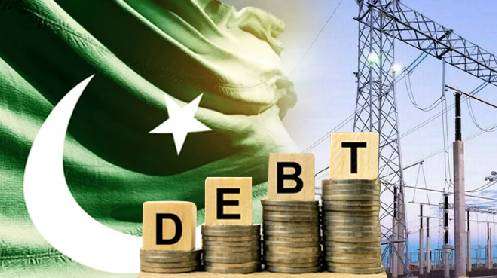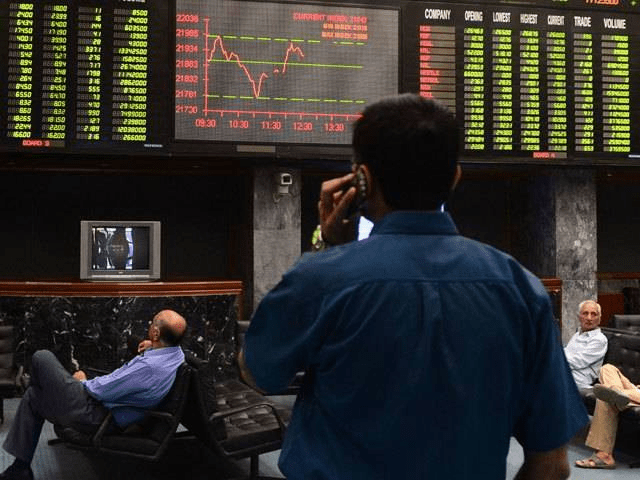ISLAMABAD: Pakistan’s total public debt has surged by over 10 percent of GDP in the past decade, rising from 60 percent in 2016 to 71 percent in 2025, the National Assembly Standing Committee on Finance and Revenues was informed on Thursday. Alarmingly, debt servicing consumed 89 percent of the federal government’s net revenue receipts in FY2025, leaving just 11 percent for all other expenditures, including defence, development, and pensions.
The committee, chaired by Syed Naveed Qamar, was briefed by Finance Ministry economists Dr. Waseem and Aizaz Asif, who highlighted that external debt had climbed from Rs6 trillion in 2016 to Rs26 trillion in 2025, while domestic debt had ballooned from Rs13.6 trillion to Rs54.5 trillion over the same period. Consequently, Pakistan’s total public debt reached 70.8 percent of GDP in FY2025, compared to 60.1 percent in FY2016.
While noting that some advanced economies, such as Japan, have higher debt ratios, the economists warned that Pakistan’s challenge lies in the unsustainable debt servicing burden. Without corrective measures, the debt-to-GDP ratio could rise to 85 percent by 2035, exceeding the ceiling set under the Fiscal Responsibility and Debt Limitation Act (FRDLA).
They recommended implementing coordinated fiscal, monetary, and debt management policies to restore debt sustainability. Maintaining a 1.5 percent primary surplus or achieving nominal GDP growth exceeding interest rates by at least three percentage points could help bring the ratio back within FRDLA limits.
The experts also urged the Ministry of Finance to develop an in-house forecasting model for interest rates and yield curves, enhance fiscal risk assessments, and issue regular debt sustainability reports. Debt management, they said, should focus on longer maturities, concessional financing, and reduced reliance on short-term commercial borrowing.
In a separate briefing, Secretary for Industries Saif Anjum updated the committee on the Electric Vehicle (EV) Policy 2026–30, confirming that the government, with IMF consent, has approved a Rs100 billion subsidy to promote electric mobility. The policy reduces EV charging tariffs from Rs92 to Rs39 per unit and aims to save $1 billion annually in oil import costs and $450 million in health-related savings by 2030.
Pakistan currently has over 76,000 electric vehicles, with a target to ensure 30 percent of new sales are electric by 2030. The plan includes 3,000 EV charging stations nationwide and an Rs80,000 subsidy on electric motorcycles priced around Rs250,000 to support middle-income consumers.
Chairman Naveed Qamar noted inconsistencies in tax exemptions between EVs and hybrid vehicles, while officials revealed that the IMF has proposed higher taxes on EVs and has yet to approve Pakistan’s proposal to adjust withholding tax based on vehicle market value instead of battery size.
Story by Mehtab Haider







